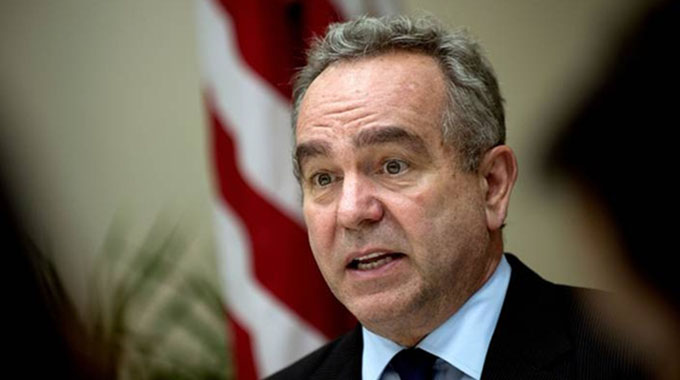There are problems using Afrikaans for instruction — Nzimande

JOHANNESBURG — Higher Education minister Blade Nzimande has launched a veiled attack at the University of Stellenbosch, accusing the institution of exclusionary tactics by using Afrikaans as the medium of instruction.
Although Nzimande didn’t mention Stellenbosch by name, it was clear that his message was directed at the institution, which experienced ructions last month after black students there protested against the use of Afrikaans.
Speaking at the second Higher Education Transformation Summit currently under way in Durban, Nzimande said language practices that exclude students who don’t speak Afrikaans should not be welcome.
“There are problems when Afrikaans is used as a means of instruction. We must deal with the problem once and for all. It disadvantages non-Afrikaans speakers.”
He dismissed as nonsense that suggestions that English should be used as the language of teaching and learning were an attack on Afrikaans, Afrikaans people and their culture.
“No one is fighting against Afrikaans and its culture. But what we have to know is that they must coexist in a multicultural society.”
He called for the return of the teaching of African languages in universities.
During apartheid, institutions treated such languages better than they are treating them now, he said.
“African languages need to be strengthened and developed. (The teaching using African languages) was better under apartheid than today. Young people no longer want to take African languages.
‘‘The implications are very serious. It affects foundational phase teaching. We will not be able to get foundational phase teachers.”
The department of higher education and training, Nzimande said, would prioritise funding for the teaching of African languages.
Nzimande also called for the Africanisation of universities so that they reflect that they are African universities in South Africa.
However, he emphasised that Africanising universities didn’t mean isolating them from what was happening globally.
“Our universities must shed features of colonialism and their apartheid past. They must contribute to the developmental goals of our country. However, African universities should not be globally disengaged.”
Africanising universities and changing curriculums will feature prominently during the summit, which ends on Saturday. — City Press









Comments